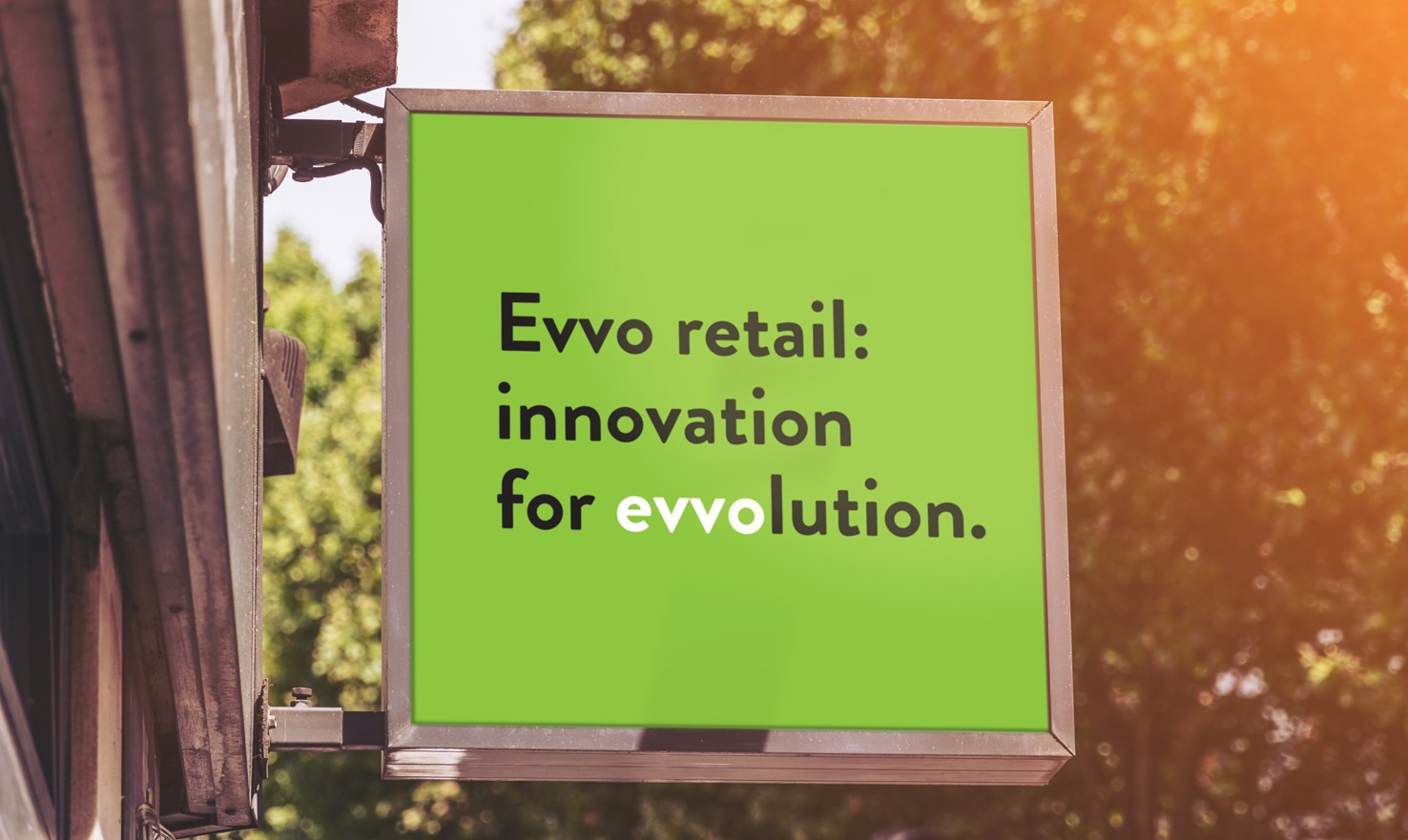

Tracking inventory and manual stock management is a cumbersome and unfeasible task for companies that want to be competitive. Successful management lies in the integration of new technologies for the automated localisation and administration of stock: the time for change has come.
Connecting intelligent devices, used by consumers with analytics software, can generate data to improve the real-time performance of stock management. The idea is to use Big Data so that businesses can identify situations in real time, be aware of customer behaviour, change the prices of products, create promotions, personalise content, etc.
According to a study done by the audit and consulting firm PwC, automation and artificial intelligence will reach 14% of global GDP by 2030. Its presence is becoming increasingly essential, especially when faced with the growth of online sales, which has forced companies to rethink conventional stock management systems.
Automating these processes offers great opportunities for business management:
Improved customer service
We must ensure that we can provide the product that the customer requests, within the expected time period, thus improving the company’s competitiveness. It’s all about providing the store with efficient management in order to offer a quality service, making the products arrive quickly and as expected by the customer.
Automation allows us to analyse stock management, control the type of orders and all information on product interactions derived from the product’s external environment, which serves to improve customer experience.
Saving on management and costs
If we reduce the cost of space, stagnant stock, manually rudimentary procedures, etc., we manage to achieve efficiency and effectiveness in the warehouse. At the same time, we save on administrative tasks that require a lot of time, and we are able to balance sales and expenses to improve our performance.
Interpreting patterns of behaviour and customer demands is key to obtaining better operational performance for the store.
Selling more
Providing a quality service and responding quickly and efficiently makes us more competitive and also makes it easier for us to generate more sales in the medium term. If we sell more, we recover the money we invested in the stock to balance our sales and spending.
At the same time, we streamline tasks such as locating resources, order processing, generating automatic orders etc., and we gain efficiency in management.
The consumer wants to receive their purchase as soon as possible and for free. With the arrival of the era of e-commerce, shipments have become one of the most relevant aspects when it comes to satisfying the customer and offering the best shopping experience.
According to a study by the Capgemini Research Institute, 97% of companies believe that the current Last Mile delivery models are not sustainable if they are implemented on a large geographical scale, nor is the free shipping policy, if delivery costs for the company are not reduced.
Through the development of new technologies and package supply chain models, attention must be paid to the distribution models that improve efficiency and profitability.
► Contact Evvo Retail if you’ve considered rethinking your business’s retail strategy.
Sant Domènec, 16
08700 Igualada – BARCELONA
T. +34 93 803 77 92
info@evvoretail.com
www.evvoretail.com
© evvo – All right reserved.